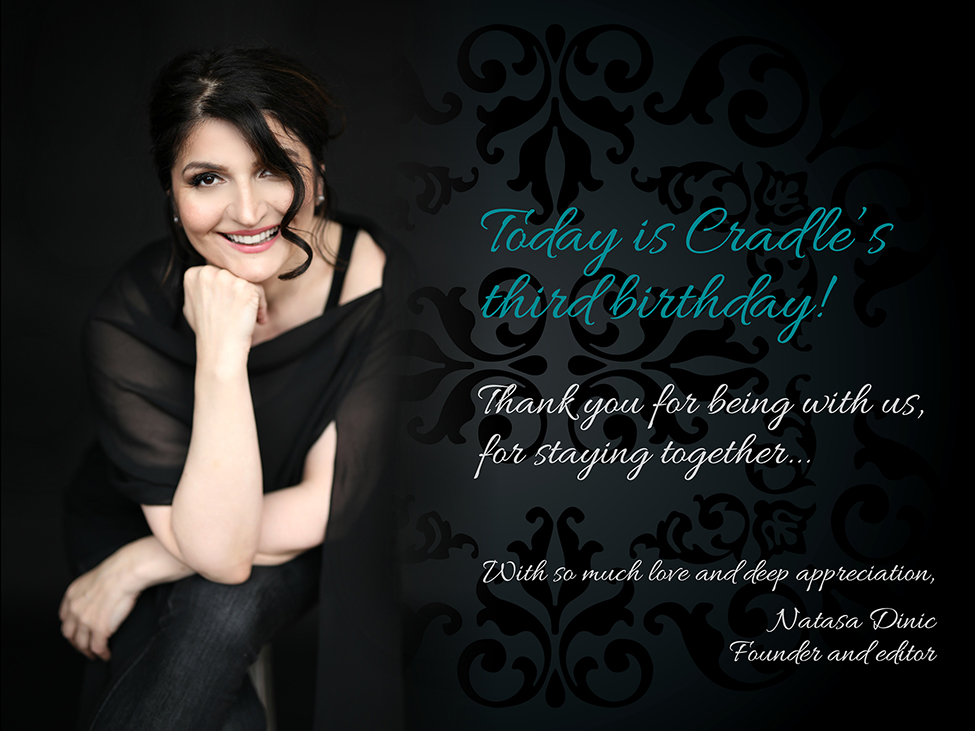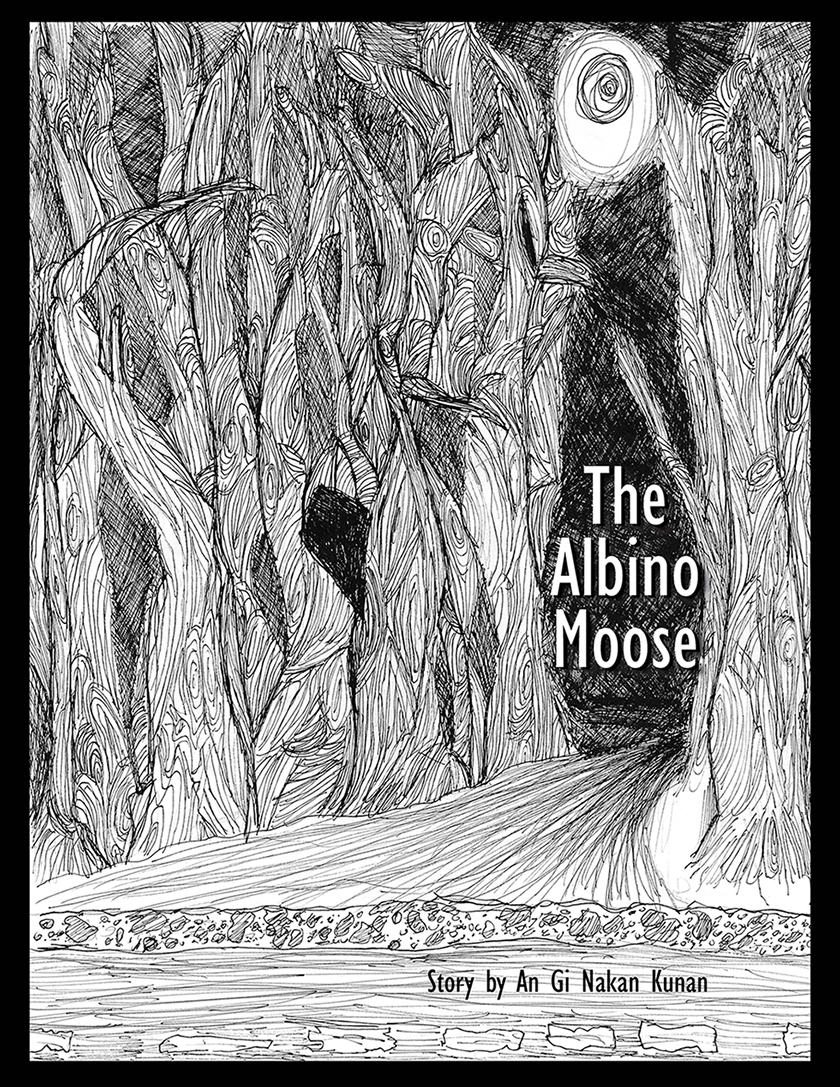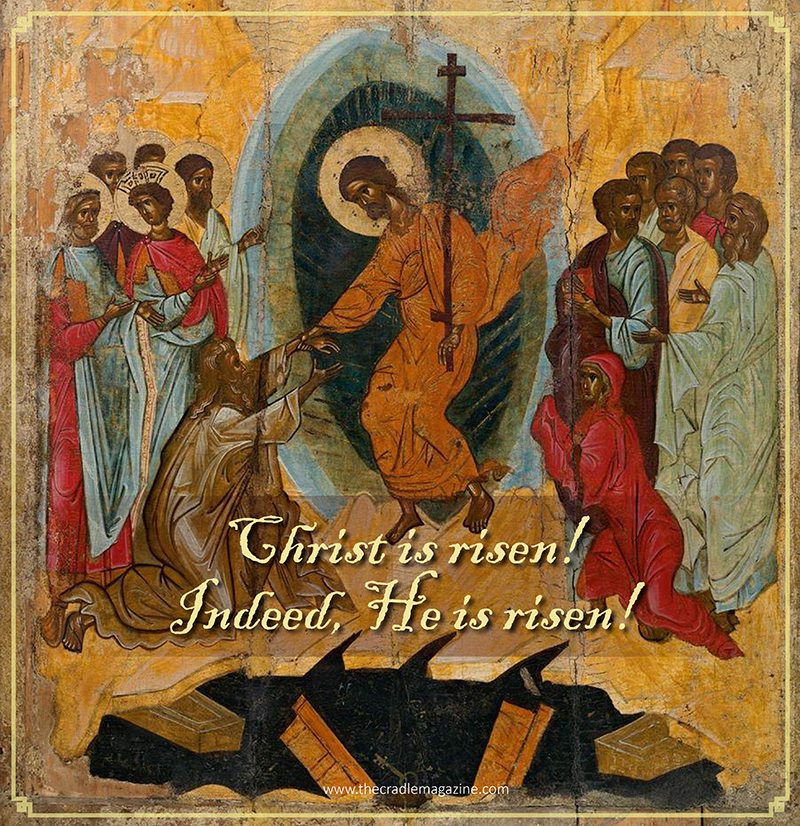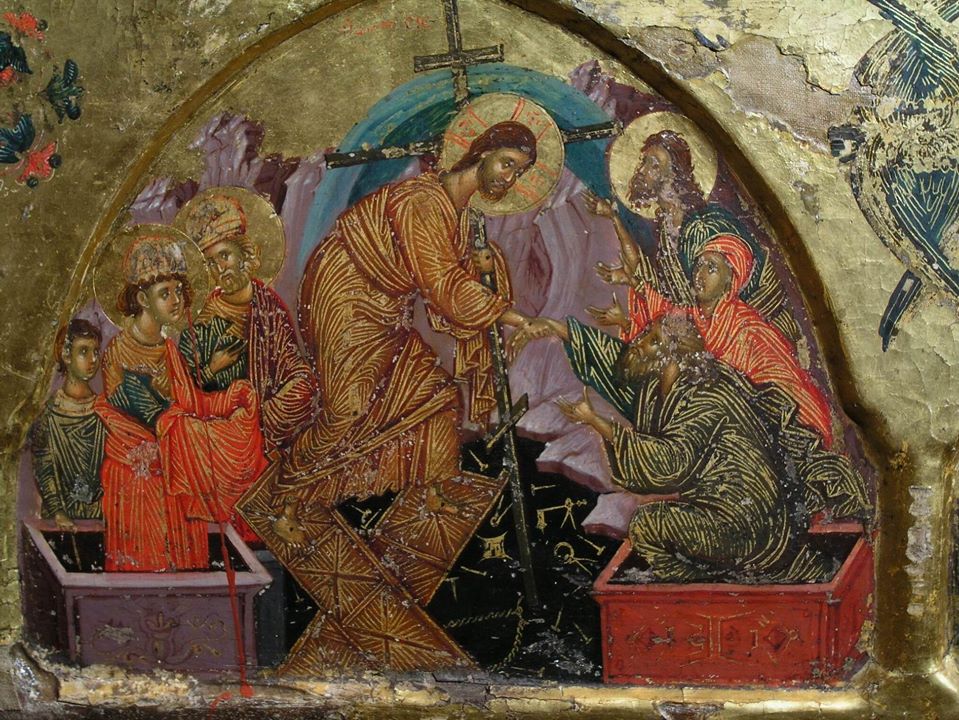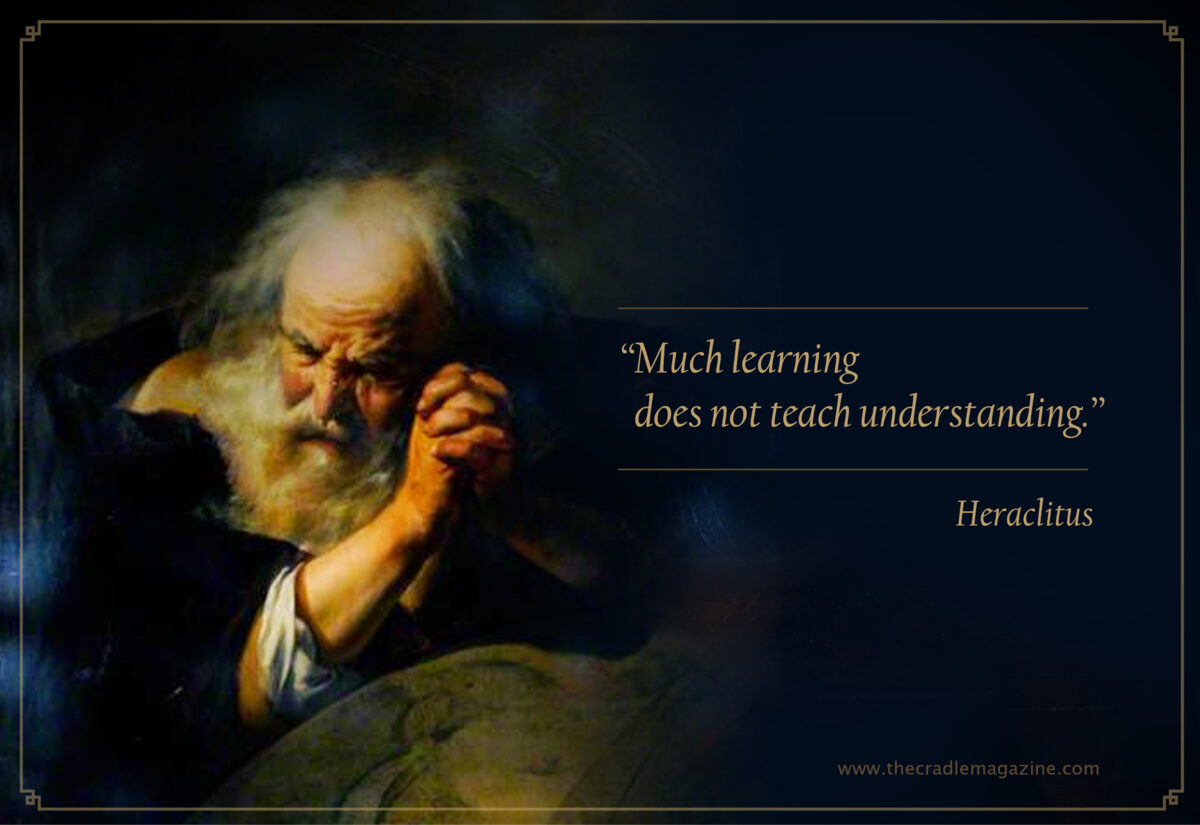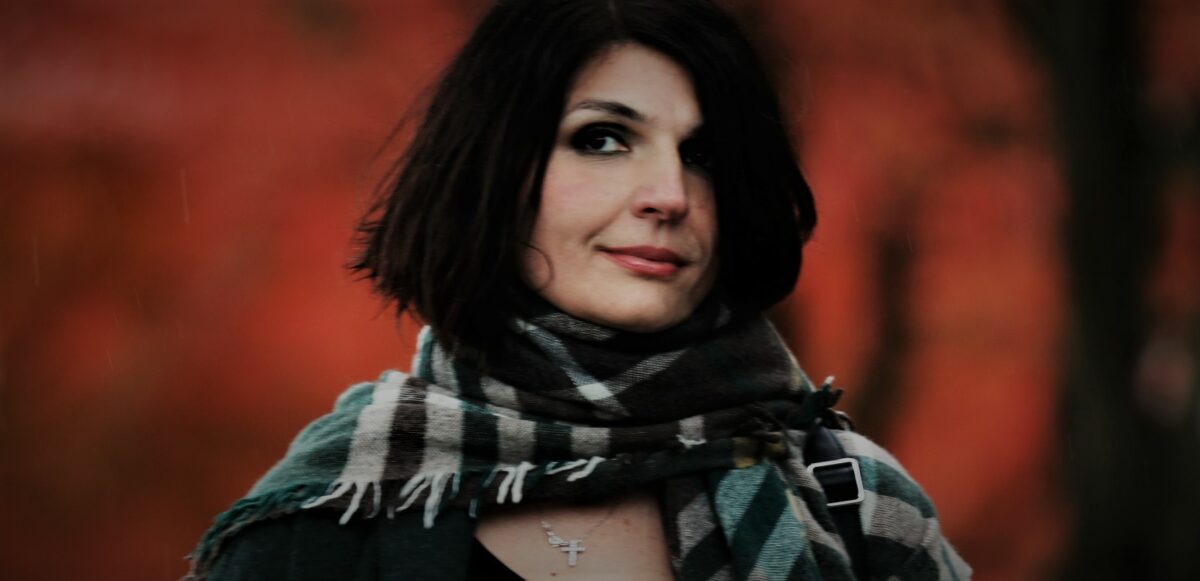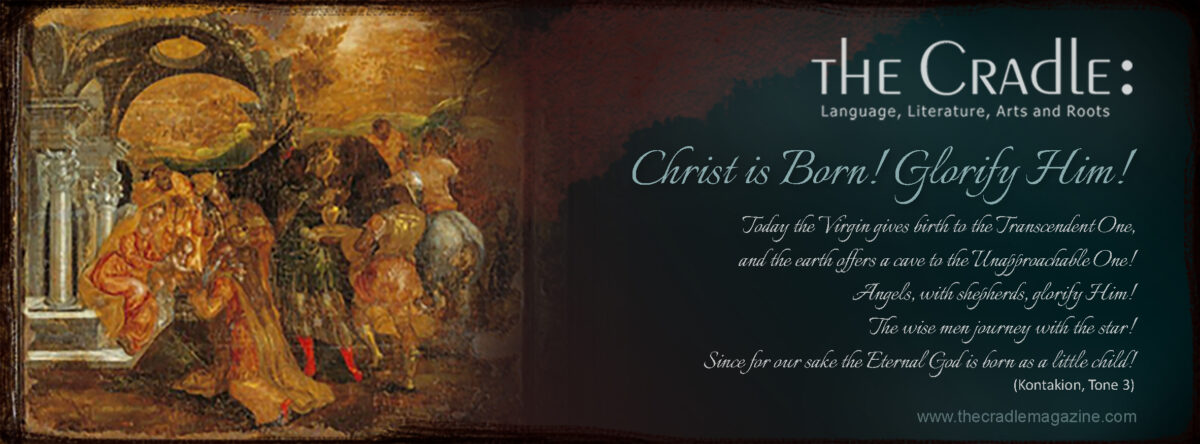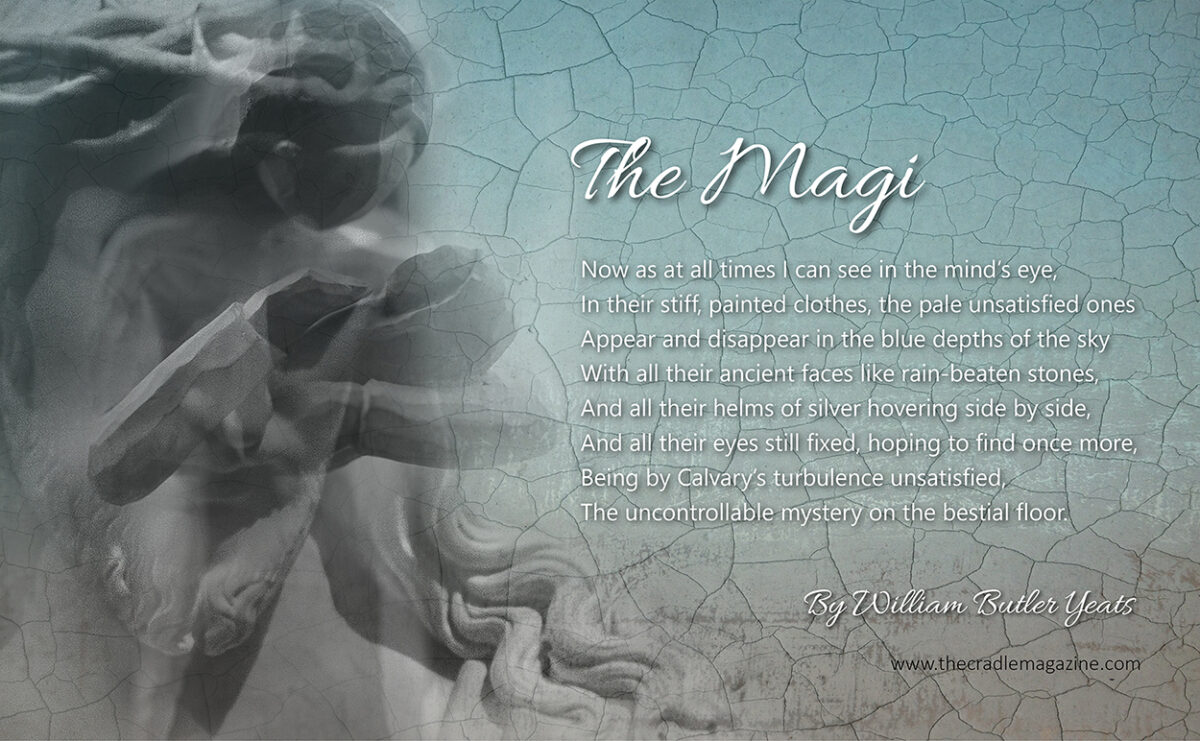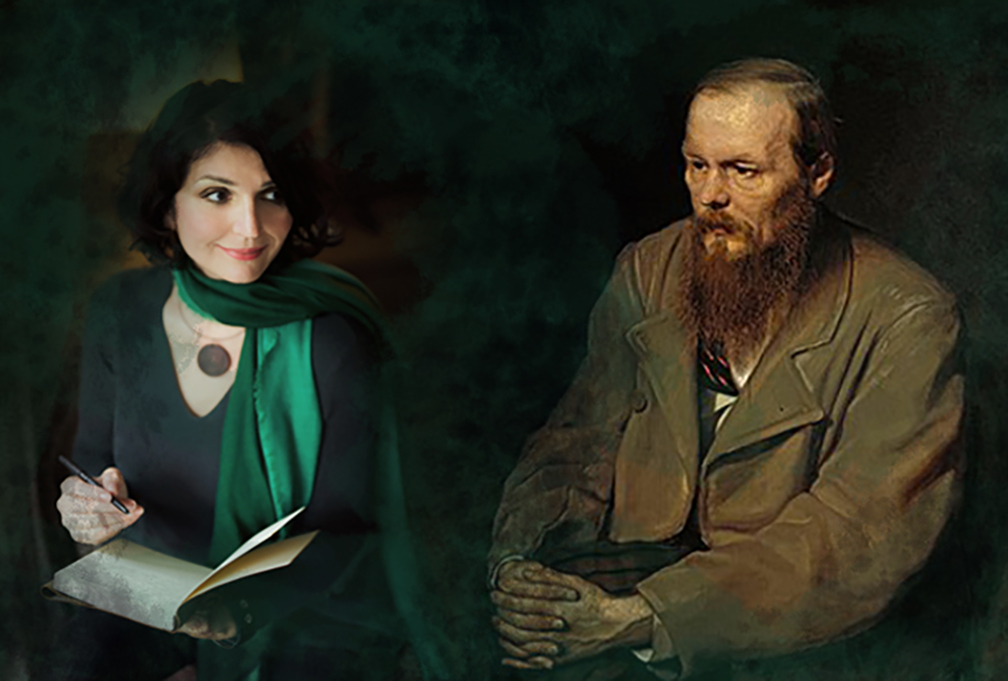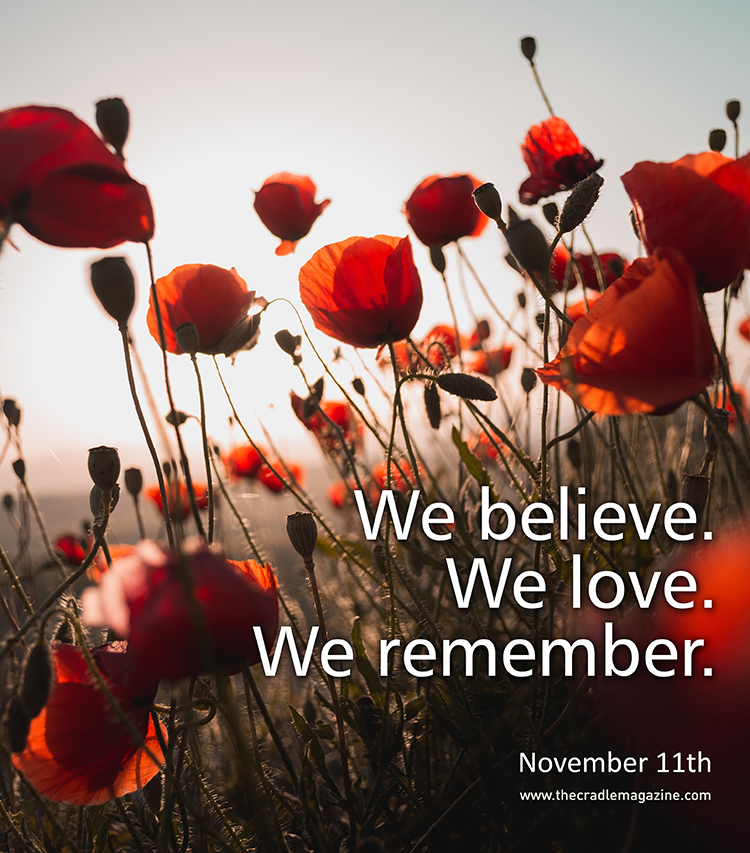The Albino Moose
It is late at night, and I still cannot sleep. No matter how hard I try to fall asleep I still cannot. I tried tea that makes you dose off, a cup of warm milk, and a glass of water, but all it did was make me go to the bathroom. And I still cannot go to sleep! Some fresh air will do, I thought to myself. I slowly got out of bed, so my parents did not hear, I tiptoed down the stairs, past the kitchen, and onto the porch. I sat down on an old rocking chair, and I sat for a while. I do not know why but it felt like I had sat in there for thousands of years, just looking up at the stars peacefully. This is what is needed for sure, I think to myself. Until I heard a crack from the distance. I looked forward, across the road, there was a forest, but that was not the strange part. There was a 12 foot (144inches) tall albino moose, with, what it seemed to be, a big cloth on its head, with two white dots for eyes beaming out of said cloth. There were also two arms coming out of the cloth. With its long sharp fingers, it pointed at me. I did not move. I tried to keep eye contact with the moose. After five minutes, I move my arm, take a deep breath and slowly move away to the door. We do not break eye contact. I took a step inside, and then another step, I was safe. I slowly shut the door; my back was turned to the door. I slammed my back against the wall, I slid down in a fetal position, cold sweat trickling down my back. I held my breath, I wanted to throw up and scream at the same time. Once I finished my trembling, I walked to my parents’ room and with cold shaking hands I opened the door. My mom and dad were asleep, so I woke them up, dramatically whispering: “Mom, Dad! There is a strange moose outside!” “What a strange thing!” my dad said. I burst into tears trying to explain about the weird moose outside. “I’ve never heard of such a thing!” my mom said shocked. I can tell that they are sarcastic, of course they will not believe me, they are parents! “Never mind” I say wiping tears from my face. I walk out of their room, shutting the door behind me. As I walked up the stairs, I looked at the window – whew, the moose is gone, I thought sighing. I open the door to my room and plop on my bed, I was tired, but I could not even close my eyes…
Continue reading “The Albino Moose”Happy Easter!
The Paschal Homily of St. John Chrysostom
If any man be devout and loveth God, let him enjoy this fair and radiant triumphal feast! If any man be a wise servant, let him rejoicing enter into the joy of his Lord.
Continue reading “The Paschal Homily of St. John Chrysostom”Heraclitus
Modern Man and Crisis
Totalitarianism Disguised as Concern for Humanity
Modern man lives in a time of global economic crisis, health crisis, environmental crisis, birth crisis, identity crisis, crisis of ideas, crisis of critical thinking, morality crisis, cultural crisis, media crisis, government crisis, freedom crisis… From birth until death, man is constantly moving from one stage of life on to another, and every transition, as well as each stage, is critical. Even the transition to immortality is critical.
Continue reading “Modern Man and Crisis”Merry Christmas
To all the people across the world who celebrate Christmas according to the Gregorian (New) Calendar we wish a Merry Christmas!
The Magi
William Butler Yeats (1865–1939)
“I love you – therefore you will not die!”
Dostoevsky – the man who knew us all too well
This year marks the 200th anniversary of the birth and 140th anniversary of the death of Fyodor Mikhailovich Dostoevsky, one of the greatest and most widely read writers of all time.
Could anything new, clever, or original be said about Dostoevsky that hasn’t already been said or written: teacher and student, supplicant and rebel, doctor and patient, spiritualist and confessor, great friend of God, someone who knew us all too well …
Therefore, I will not talk about him from a literary, linguistic, or philosophical point of view, but only through my personal bond with his work and the influence it had – and repeatedly have had – on my personal life.
Continue reading ““I love you – therefore you will not die!””

